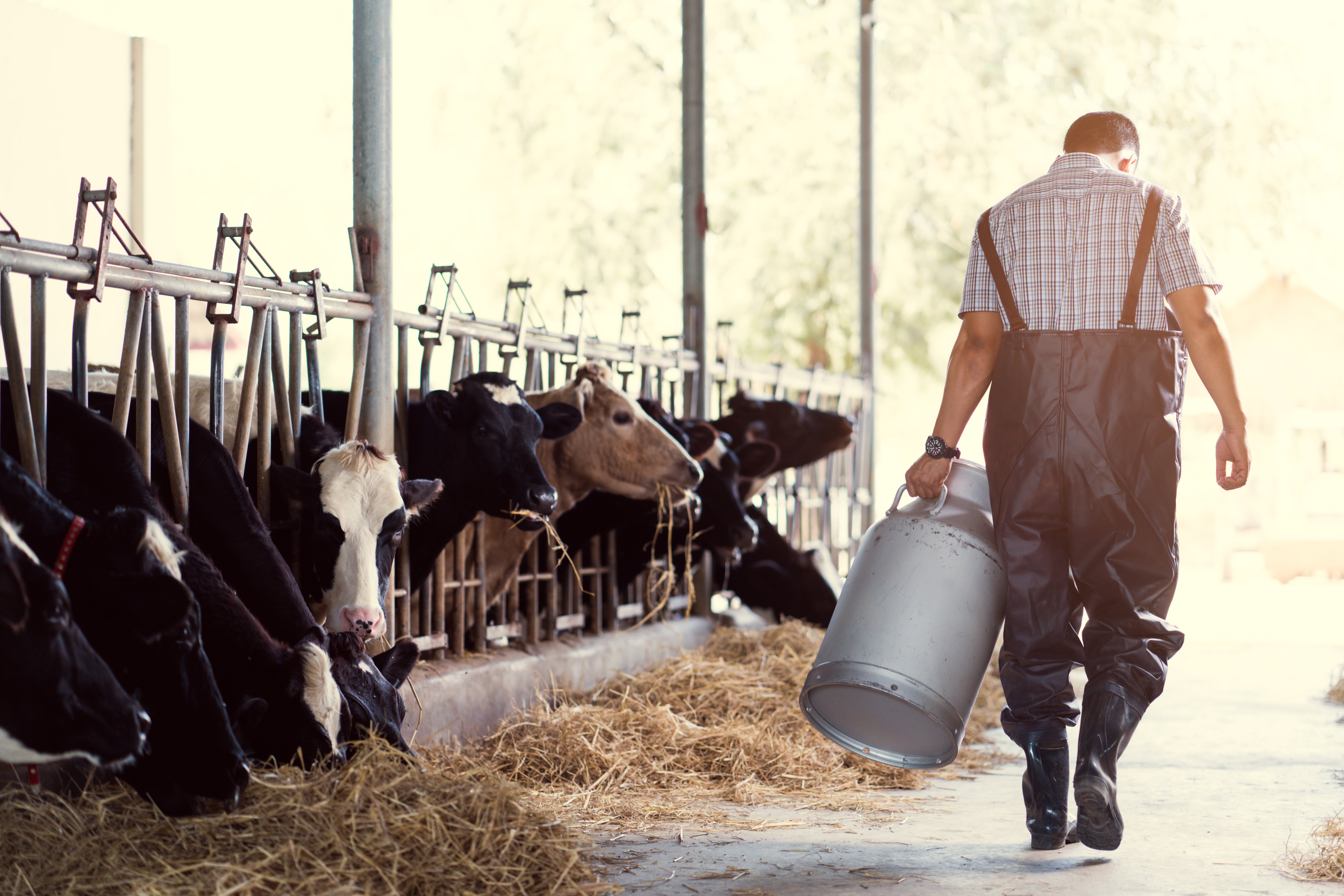Government has 'failed to understand' impact of staff shortages in the food industry
The government has ‘failed to understand’ the staffing issues faced by the food and farming sectors, leaving the industry at risk of permanent damage, MPs have warned.
A report by the environment, food and rural affairs (EFRA) committee said as of August last year the industry had ‘potentially in excess of 500,000 job vacancies’.
The committee said ministers tended to blame the sector for not doing more to tackle the problem, sometimes based on 'incorrect information' and there was a 'failure to grasp' the impact of staffing issues based on 'the actual experience of businesses on the ground'.
Staff shortages in 2021 had a major impact on food security, animal welfare and the mental health of those working in the sector. Around 35,000 pigs were culled due to a lack of butchers to process them.
When shortages of workers and HGV drivers threatened food supply in the run up to Christmas, the government set up a temporary visa scheme.
The report welcomed 'some of the government's work' but said ministers must 'learn the lessons' from the temporary scheme, as it was set up too late to help many businesses.
Neil Parish MP (Con), chair of the EFRA committee, said: "The Government’s attitude to the plight of food and farming workers was particularly disappointing.”
He added that government must “change its attitude” to food and farming and listen to the industry’s concerns.
UKHospitality chief executive Kate Nicholls, who gave evidence to the committee last year, said: “[We] share the committee’s warning that fundamental change is needed to if wage rises are not to trigger significant price increases in the sector, further damaging hopes of recovery."
A government spokesperson said it was aware the food and farming industry was facing labour challenges and that it was working on how technology could be used to help.
The spokesperson added: “We have given the industry greater certainty by enabling the seasonal workers scheme until the end of 2024, allowing overseas workers to come to the UK for up to six months to work in the horticulture sector.
"Our new points-based immigration system also expanded the Skilled Worker route to many more occupations, including butchers, who can now be recruited from anywhere in the world.”
Image: TORWAISTUDIO / Shutterstock
















